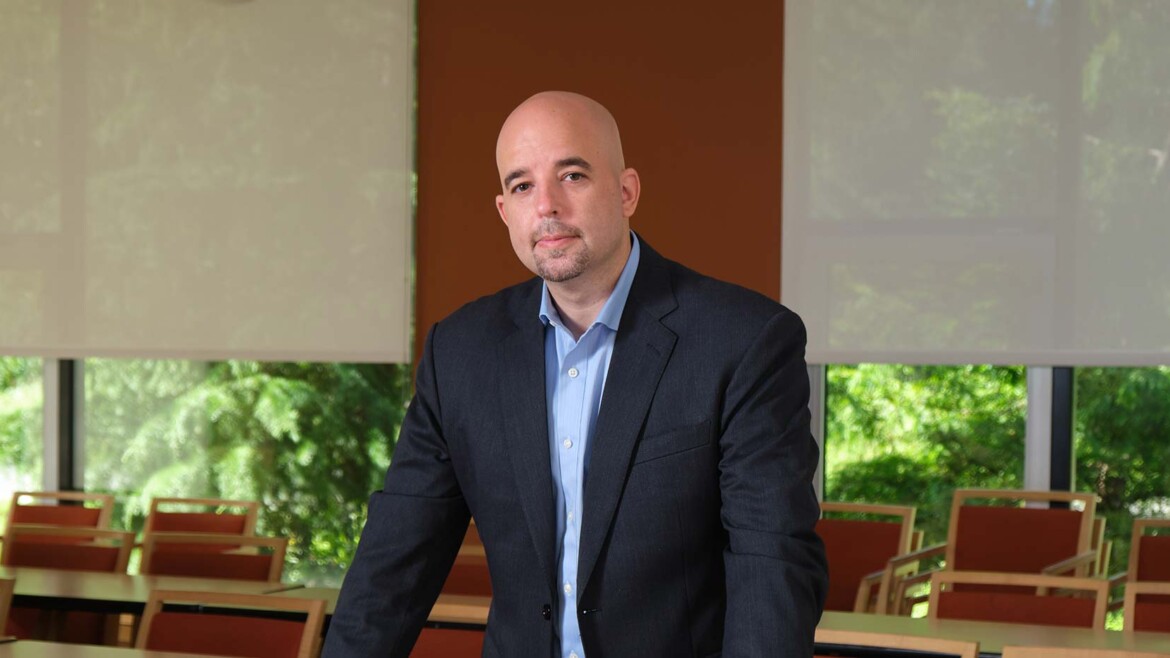Building for Business
As a leader, there’s no trophy for being the smartest person in the room, if no one is following you.
A good mentor should have a heart of giving, and be willing to make others shine, look good, and excel. Mentoring has to be a two-way exchange, with the student offering a growth mindset, while being open to advice and feedback.
Business schools encourage mentorship because business lives and dies on relationships, which are inherently built on trust. If I don’t trust you, I’m probably not going to do business with you. Teachers need to have great relationships with students to influence, coach and mentor them.
Many people decided to invest time and resources into me at different points of my career. I’ll remember those people at the end of my career. I continue to be grateful that someone introduced me to someone in their network or got me an interview.
Every week, I still talk with my former students from the past 10 years. A student might send a message with a photo of a book I taught in class, and mention that they used it in a workplace meeting. They’ll ask how to handle a business situation, or we’ll connect on LinkedIn, or we talk about their new baby. It’s like the ultimate Christmas present.
Through the years, I’ve taught hundreds of undergraduate and graduate students. Students are desperate to know how textbook learning applies, or if it does at all, in corporate America. That’s why the PLU School of Business wants adjunct faculty with real-world corporate experience.
The small class sizes at PLU mean you are both heard and known. What does it mean to be known? Understanding what your passion is, what motivates you, gives you life and gets you out of bed in the morning. If I know someone really wants to get a job and be challenged while changing people’s lives, my job is to help a student accomplish that.
Early on in my tenure at PLU, a student was asked to present to the class . He showed up in sweatpants. I told him to go home and change, as you would never present to an executive at Microsoft, Amazon or Google in sweatpants. You’re not going to read about business attire in a textbook, but it’s an example of business culture and business skills.
It’s enjoyable to connect on a personal and professional level, and to be trusted with hard questions. Being a teacher is not confined to the walls of a classroom.
Bradd Busick is the chief technology officer and a vice president at MultiCare Health System. Previously, he held leadership roles at MacDonald-Miller and the Bill and Melinda Gates Foundation.


